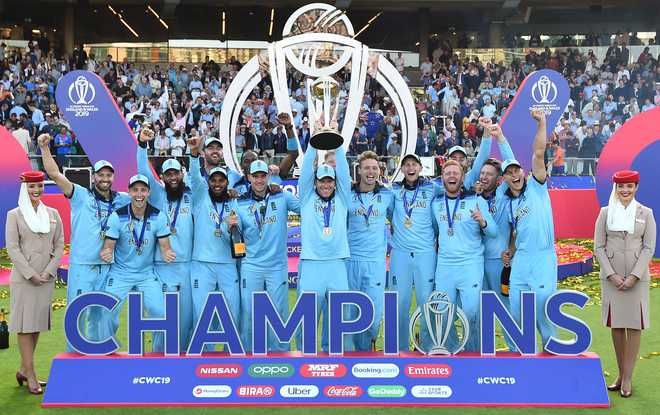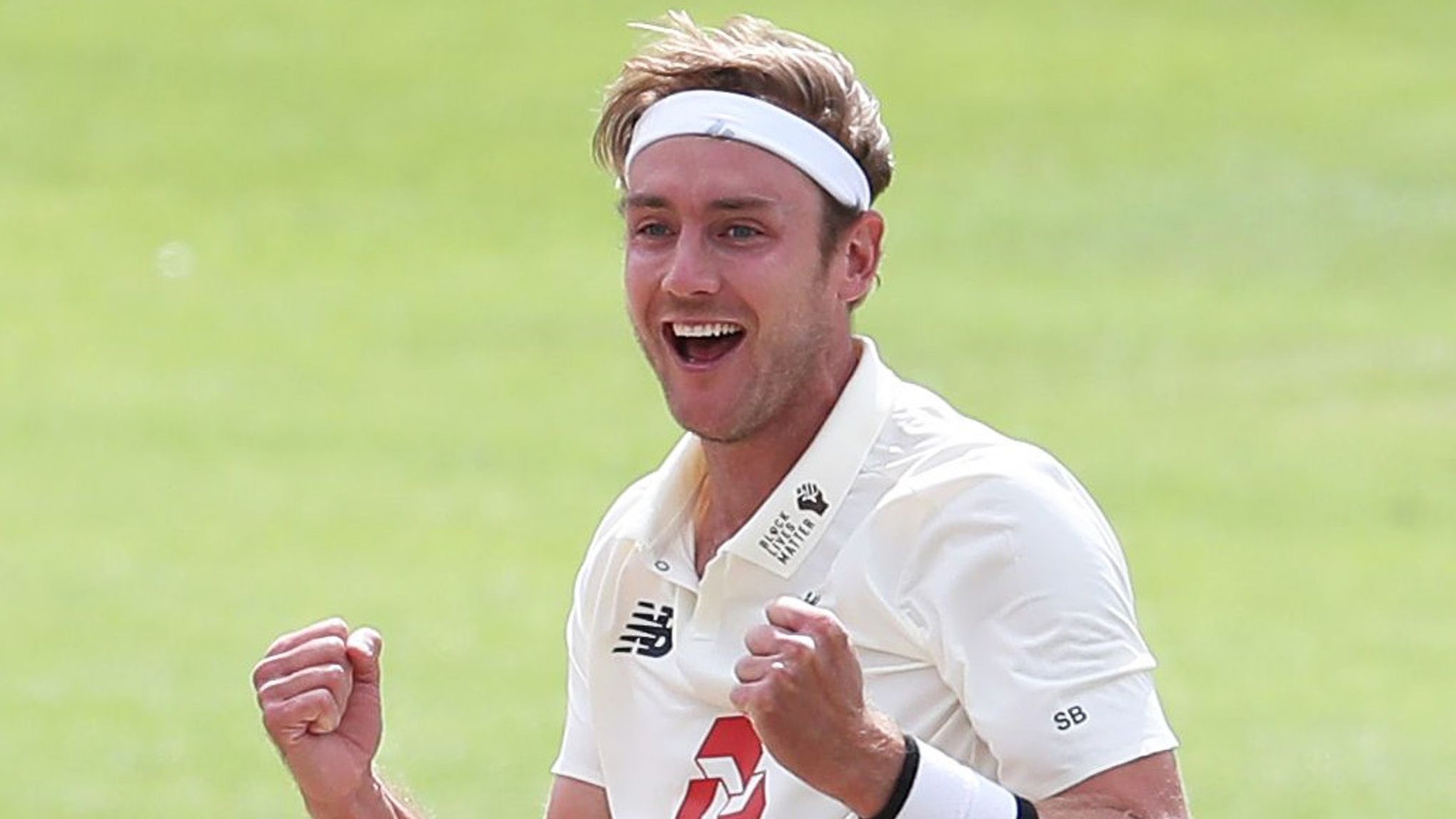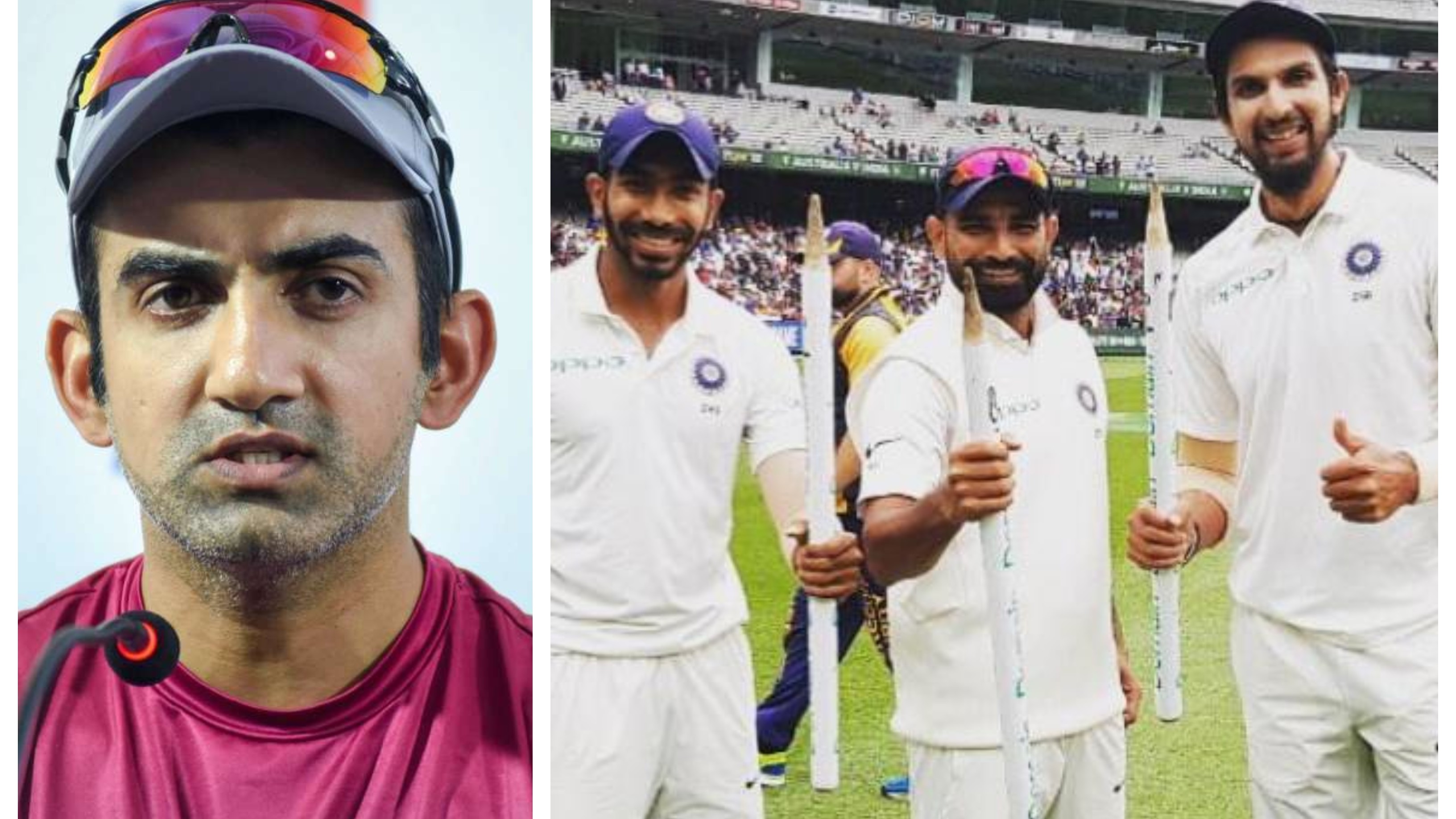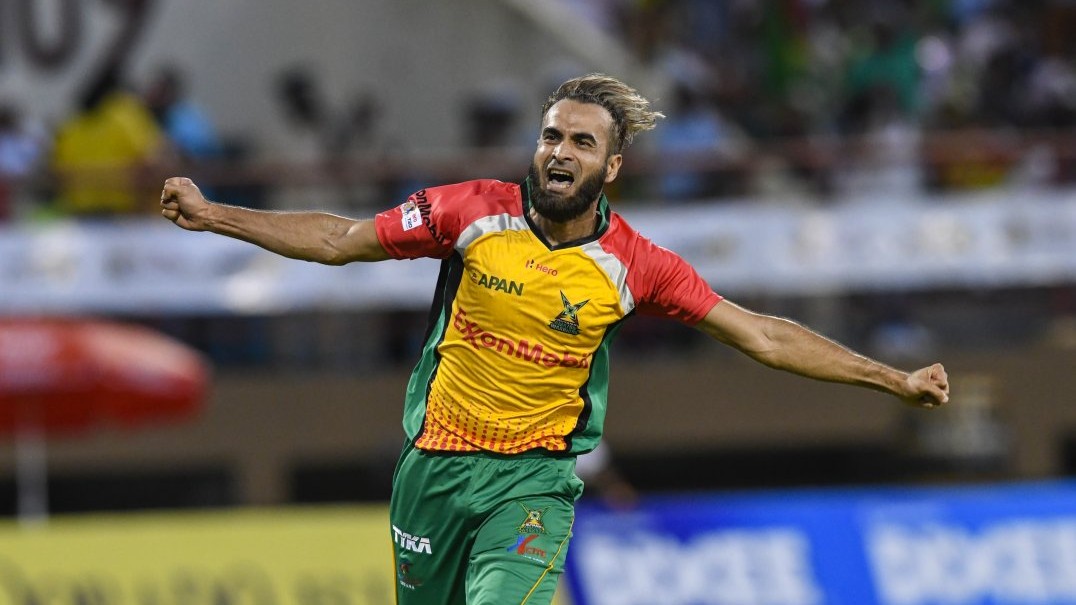 Narrating the story of resurgence for England as a white-ball side and the World Cup victory last year, skipper Eoin Morgan said crashing out in the group stage itself at the previous edition of the quadrennial event in 2015 was the real turning point.
Narrating the story of resurgence for England as a white-ball side and the World Cup victory last year, skipper Eoin Morgan said crashing out in the group stage itself at the previous edition of the quadrennial event in 2015 was the real turning point.
England lost to Bangladesh in a virtual pre-quarterfinal in Adelaide and four years later lifted the prestigious trophy at Lord's in front of a packed home crowd.
Read Also: "Sat with New Zealand players and had beer after the World Cup final," says Eoin Morgan
However, what happened between those two unforgettable moments of despair and equal jubilation, is of great relevance, as England stuck with Morgan, appointed a new director of cricket in Andrew Strauss, as well as a new coach in Trevor Bayliss, with the sole focus on reviving its limited-overs fortunes.
"(The) 2015 (World Cup) was the cornerstone of the start of our success," said Morgan on 'Cricbuzz in Conversation'. "It really was the trigger to a lot of things happening in English cricket and one of the most important things was the appointment of Andrew Strauss. He had watched everything in the two years leading into the 2015 World Cup and wasn't surprised by the way we played and the outcome. It was humiliating the way we played and the fashion we were knocked out was humiliating."
"The two priorities were 50 overs cricket and Test cricket. And they would sit alongside each other, which has never happened before in England cricket. Him coming on gave me a boost. Keeping me on as captain and then giving me a black sheet of paper and what do we need to do to bridge the gap in between to where we are now in 2015 to being competitive in 2019."
The change in attitude was the most important thing. England broke-free from its traditional methods, encouraged attacking batsmanship and mindset in ODIs, T20Is, at which the team got better with time in different conditions, and also importantly embraced the Indian Premier League (IPL). Morgan and Bayliss convinced Strauss of the benefits of English players coming to India every summer and rubbing shoulders with the best from here and abroad in a high-pressure T20 environment.
"Playing in IPL was part of Strauss's plan," Morgan said. "I pushed him to make that call because in international bilateral series, it's so difficult to replicate the pressure that's there in Champions Trophy or the World Cup. He asked me what's different? One, you play as an overseas player so there's huge expectations. If you play in IPL, there's different pressure and different expectation."
"Sometimes you can't get away with it and you have to find a way to deal with it. It takes you out of your comfort zone. It is completely beneficial to play in IPL. That was a big mindset shift for us. And I hope Indian cricket is alright with us because we are using it as a vehicle to try and grow players."
"Then the biggest thing for us was to take away the stigma around taking any sort of risk. We had to bat deep, we had to move away from an average score of 270 to 315. It was about trying to instil the mindset with a young group whose default game was to take risk but the consequence isn't going to be that you are going to be dropped after five games. You are going to be given ample amount of time to prove yourself.
"In the first game we played after the World Cup was against New Zealand and we scored 400. And if there was a template we were looking for to have a benchmark against, it was that game."
Having got its preparation in order, it was about delivering at the World Cup for England, considered favourites coming in for probably the first time in the event's history.
"The group that won the World Cup last year, they are so talented, smart just wholehearted cricketers who commit to anything the team wants to do. The more freedom we've given, the more quickly they've learnt," Morgan said of his troops.
"In 2016, Ben bowled the over (in the T20 World Cup final) and it didn't go his way and he had a hard time to move on from that. The game wasn't won and lost in one over. We did well to get to the last over and have so many runs in the bank. Progressing through it took time. It was a big milestone in someone's life."
"In the Super Over, Ben walked up to Jofra and said this over isn't going to define your career. Jofra said thank you and walked away. He walked away feeling good and the pressure being off. That shows how much Ben continues to give."
"He's grown into that player. People learn how to deal with those moments. Ben is one of those. The last ball of the chase, he got a full toss and he chipped it. After everything was over, I asked Ben why didn't you hit it for a four or a six? He said if 'I hit it well, we would have won the game, if I didn't, we would have gone to the Super Over and then won the game'. Amidst absolute chaos and drama, that's what he was thinking."
Even the thought of turning up for a World Cup final can make people nervous. Morgan, however, said he was able to maintain his calm and had faith that the four years of hardwork won't go to waste.
"The morning of the World Cup final was so exciting. I woke up early, I got to the breakfast early and I got to the ground early," he said. "And once I was at the ground, I was so excited. We had played Australia and we won convincingly. As the players came in, there was a huge sense of confidence and ease. Everything about getting there made me feel we were ready. Again, throughout the day, I tried to keep guys calm."
"It's taken some time to set in. The final was the most incredible game I've ever seen or played in. I continue to watch it back. The ebbs and flows, the tense feeling, the pensiveness throughout Lord's that just really gets the buzz back that we had."
"It was an incredible year for English cricket - winning the World Cup and then the dramatic nature in which the Ashes was drawn - I really do think it was a really good year to promote cricket in England getting the game at the forefront of everyone's mind," he concluded.
(Quotes from Cricbuzz)



